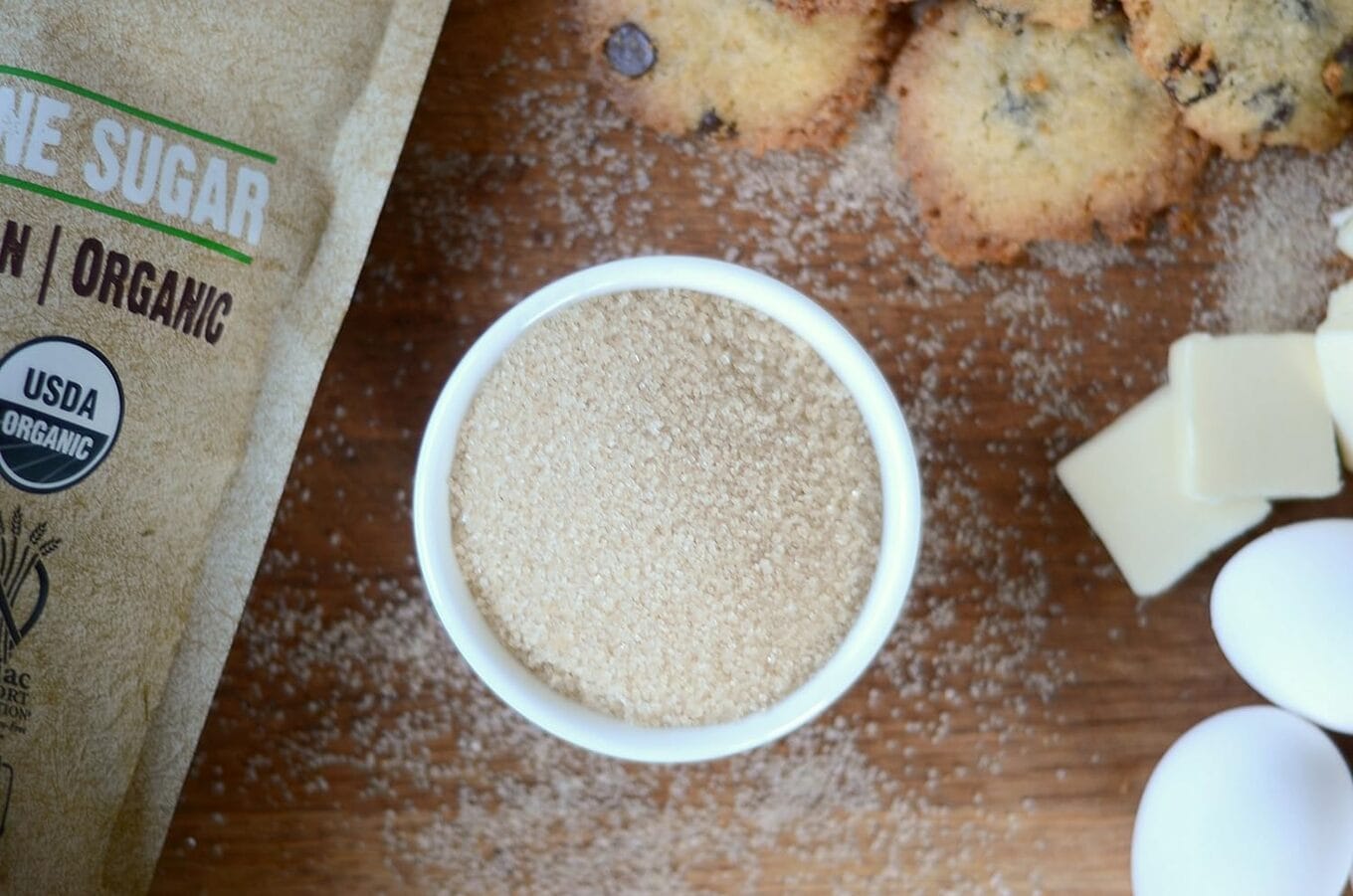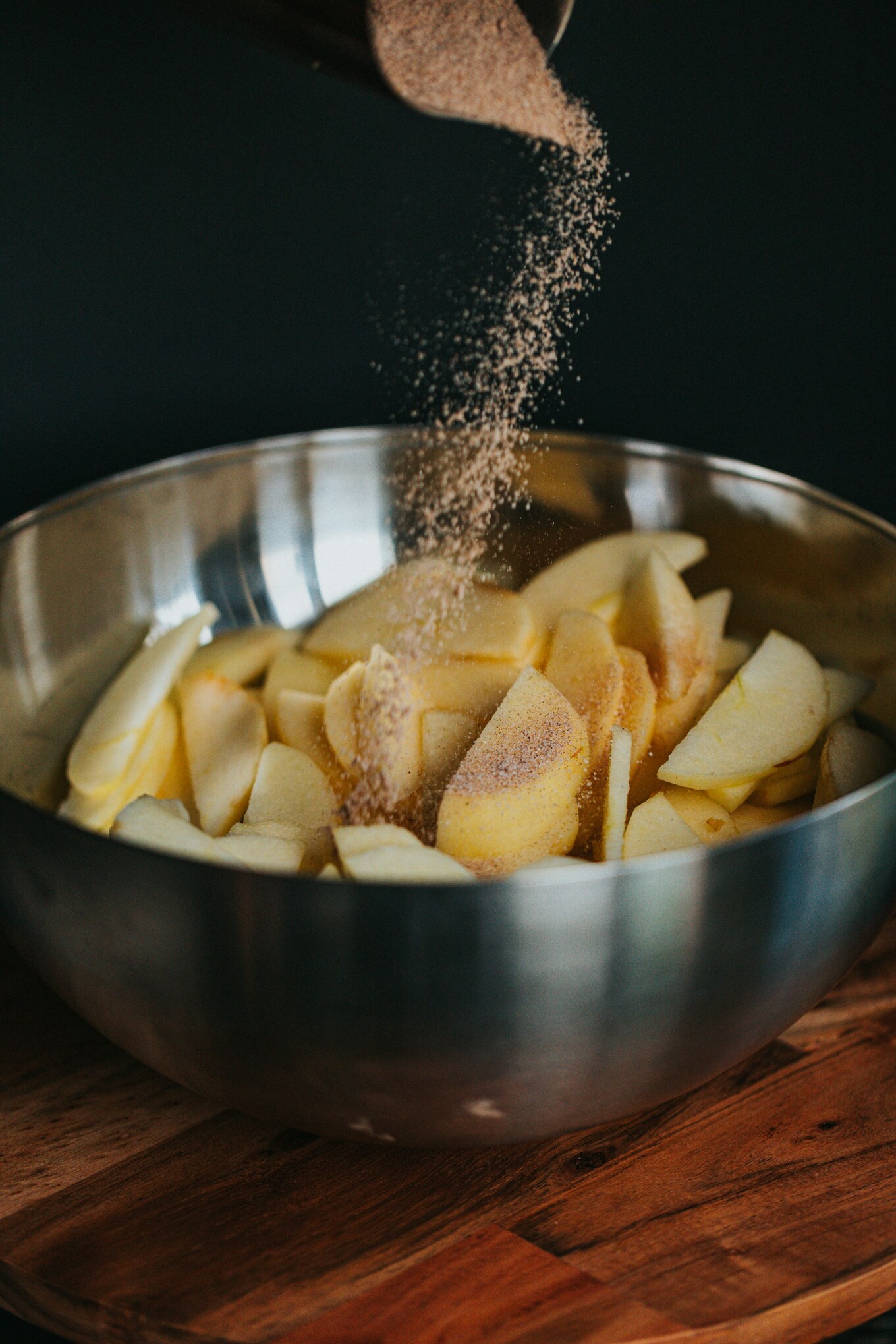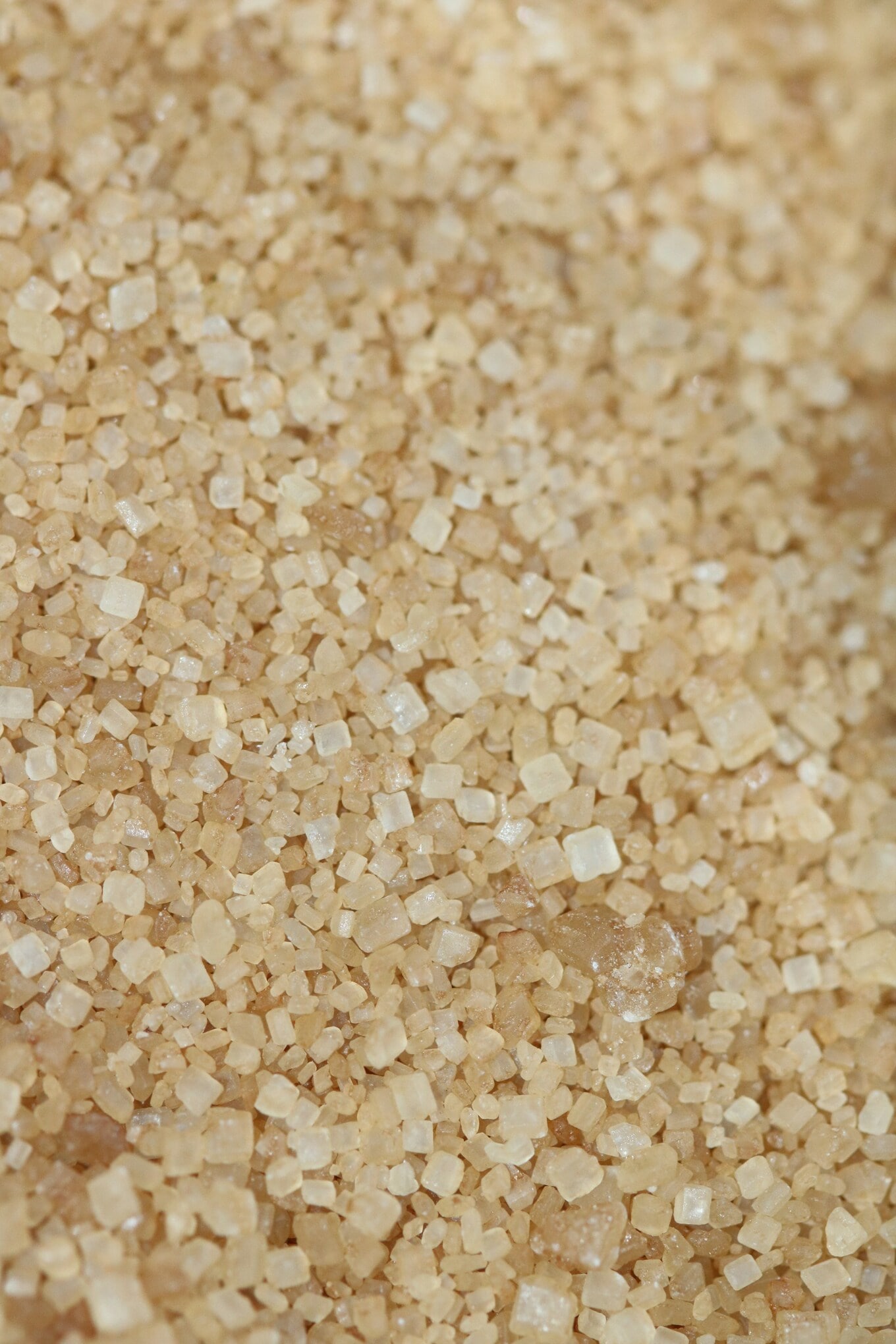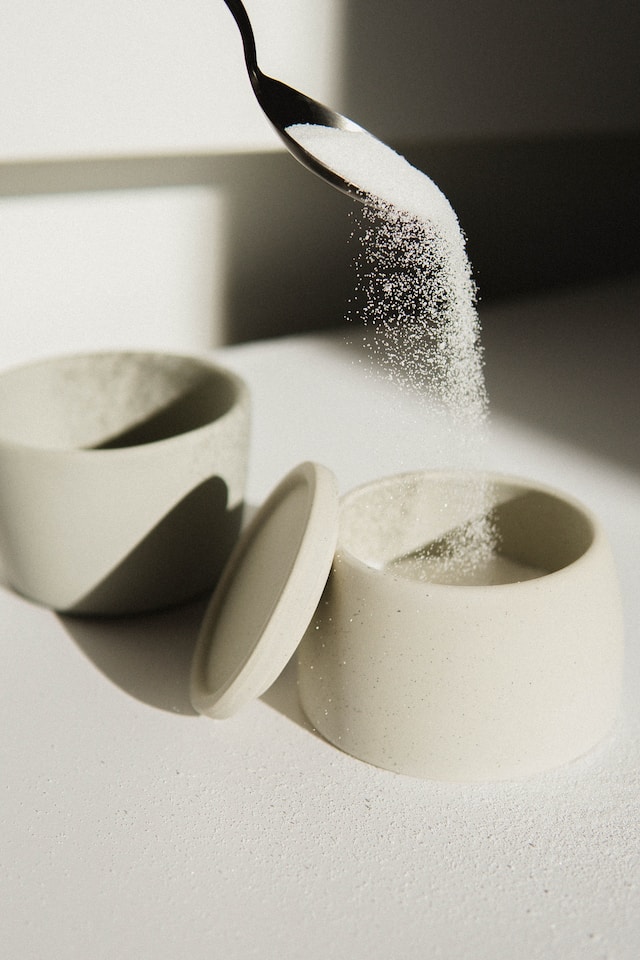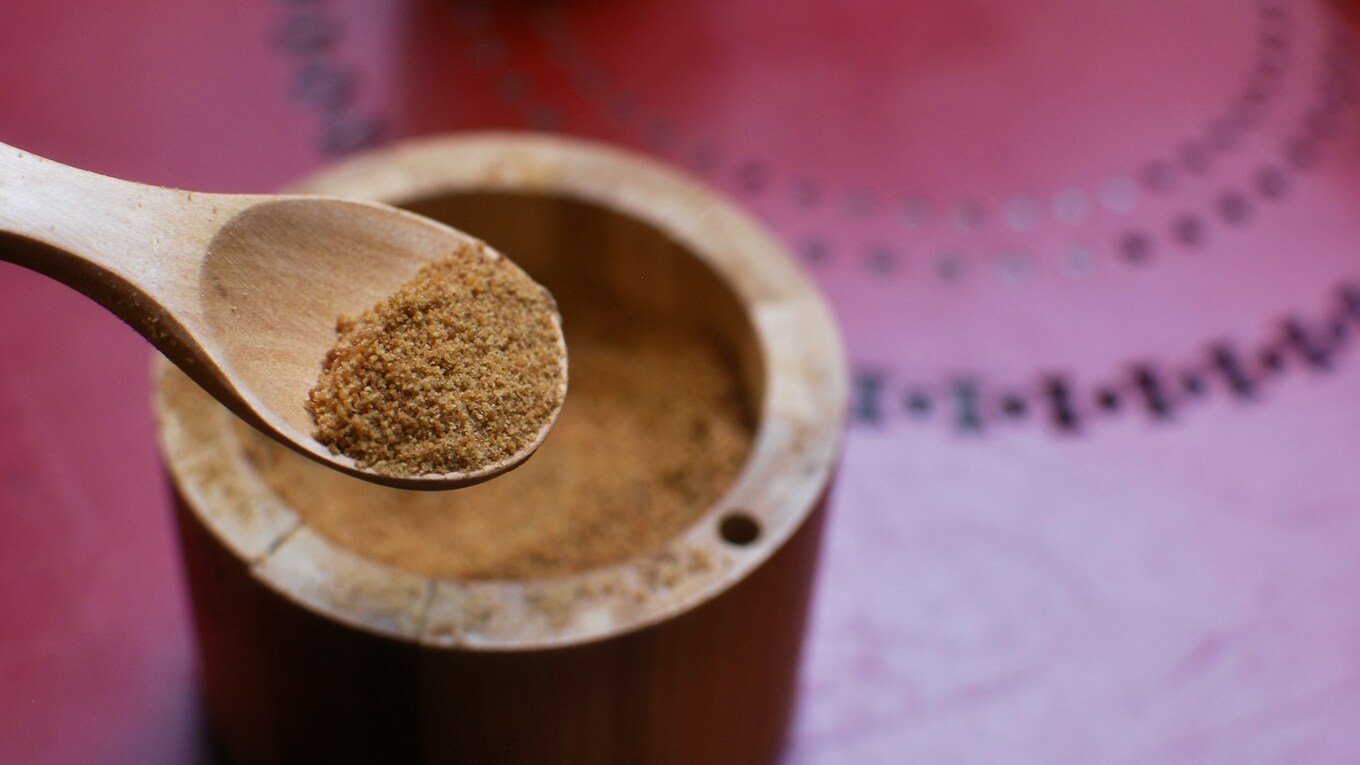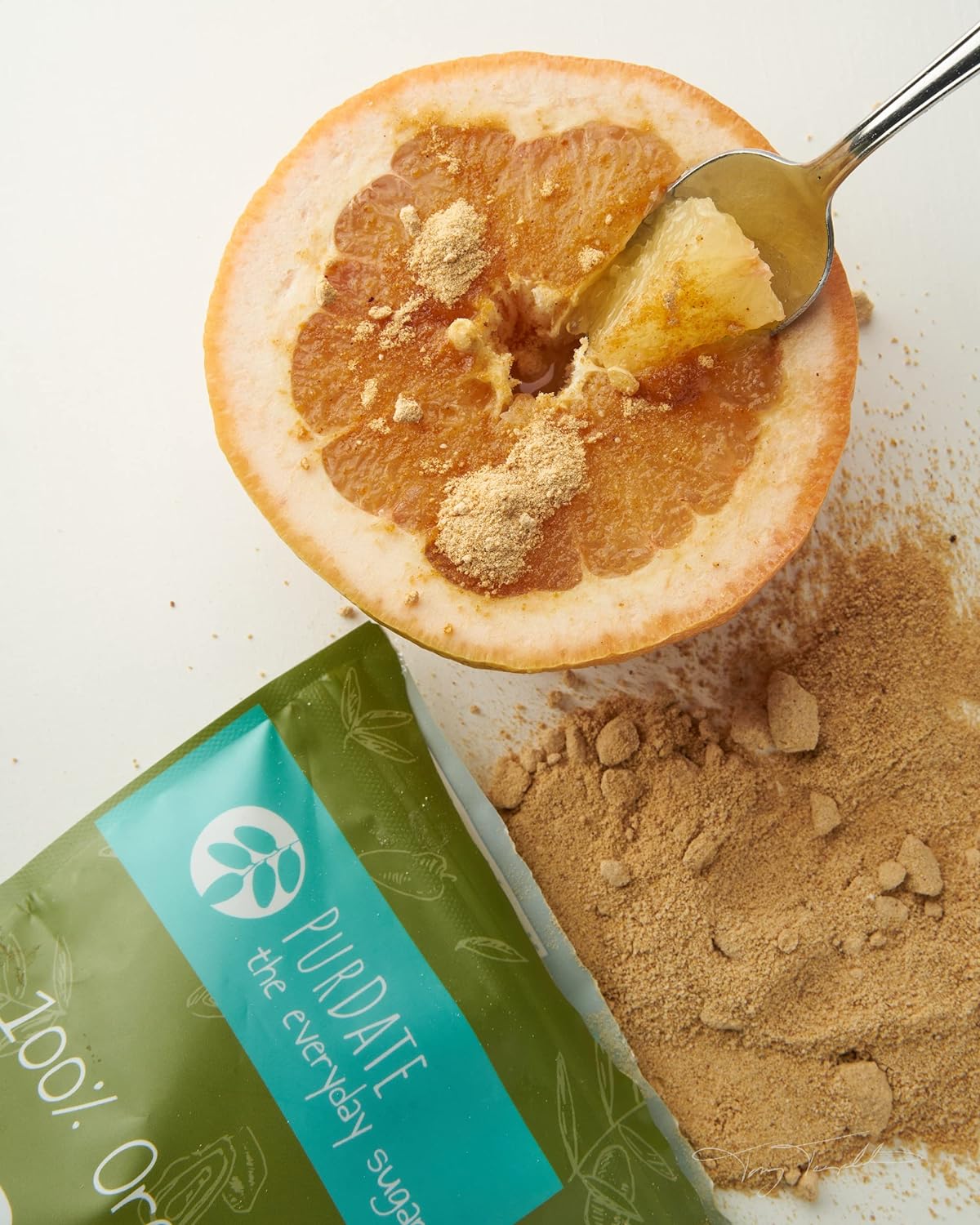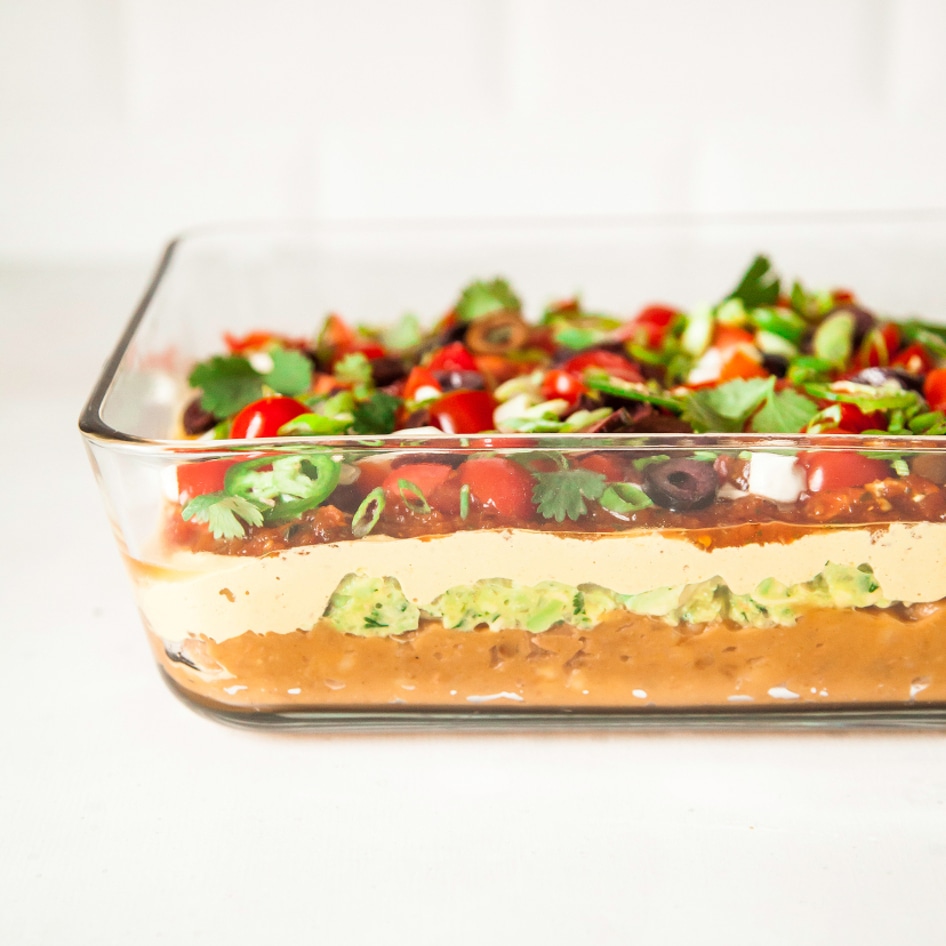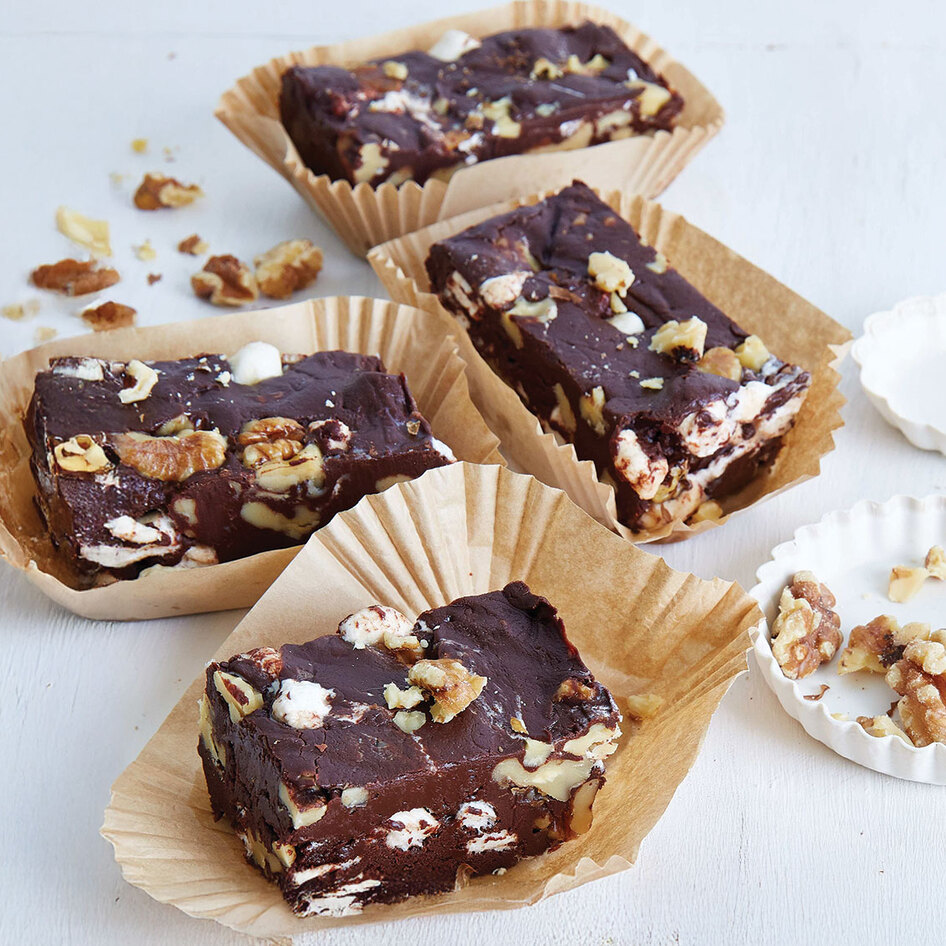Sugar is a big part of most people’s lives. It’s in everything from cakes and syrups to sauce and yogurt. It’s hard to avoid sugar (which is actually the generic name for ultra-sweet soluble carbohydrates), but there are a few major drawbacks of this popular ingredient.
The first is, obviously, that too much sugar can be detrimental to our health (and you can read more on that here), but the second issue is that it’s not always vegan.
Some sugar is processed with bone char, which is charcoal made from animal bones. While bone char does not make its way into the final product, some strict vegans choose to abstain from sugar processed in this fashion. Others choose to consume it. The choice is yours.
Regardless of where you stand, the market is luckily becoming more vegan-friendly. Here are six of the most popular types of sugar and where to find vegan versions.
Is sugar vegan?
Sugar is a carbohydrate that is extracted from plants like sugar cane or sugar beets. It then goes through a refining process, which involves crushing and extracting the juice from these plants. This is then followed by purification and crystallization to produce the final sugar product. In its raw form, sugar is always totally vegan. But sometimes, manufacturers use bone char during the purification process.
Not all sugar producers use bone char. In fact, nowadays, many companies use activated carbon (also known as activated charcoal) instead. In fact, activated carbon is often preferred due to its high adsorption capacity and effectiveness in removing color and impurities.
Regardless of how it’s made, it’s difficult to tell if sugar is vegan just by looking at it. Sometimes, brands will label the packaging if the sugar has been processed without bone char. However, even the animal rights organization People for the Ethical Treatment of Animals (PETA) advises that people shouldn’t spend too much time, energy, and effort trying to work out if sugar is vegan if clearly marked animal-free options aren’t available.
 Unsplash
Unsplash
“Being vegan isn’t about ‘perfection’ or a quest for personal purity—it’s about achieving real change for animals suffering in the food industry,” a post on the nonprofit’s blog reads.
It adds: “Don’t stress too hard about sugar if you’re unsure about how it was produced. You’re saving more than 100 animals per year by following a vegan lifestyle, and the effect will snowball as people around you, inspired by your choices, may start trying vegan meals once you’ve shown them how easy it can be.”
6 different types of sugar (plus vegan brand recommendations!)
If you are interested in learning more about the different types of sugar and the vegan options on the market, check out the list below.
1 Granulated sugar
This is the most common type of sugar—its white granules are what most people are referring to when they say “sugar.” In more scientific terms, it is the crystallized form of sucrose, and it is commonly used in everything from baking to cooking to sweetening beverages.
Vegan white sugar options: In The Raw Organic Granulated White Cane Sugar, Anthony’s Organic Granulated Cane Sugar
2 Brown sugar
Brown sugar is also granulated sugar, but it has molasses—aka the thick, dark, syrupy byproduct that is obtained during the process of refining sugar—added back into it. Because of this, it has a slightly moist texture and a caramel-like flavor. There are two main types of brown sugar: light brown sugar and dark brown sugar (which contains more molasses), and both are commonly used in baked goods and desserts.
Vegan brown sugar options: Zulka Brown Pure Cane Sugar, Wholesome Organic Light Brown Sugar, 365 by Whole Foods Market Organic Light Brown Sugar
3 Demerara sugar
Like brown sugar, demerara sugar—which is characterized by its large, golden crystals—has a delicious natural caramel flavor. Because of this, it is commonly used to sweeten beverages and as a topping for desserts.
Vegan demerara sugar options: Nutricost Pantry Unrefined Demerara Sugar
4 Beet sugar
Sugar can be derived from sugarcane or sugar beets (a root vegetable that contains a high concentration of sucrose). While the vast majority of sugar is sourced from sugarcane, however, beet sugar is still a common sweetener. It’s widely used in the food industry for baking, cooking, and sweetening various products (but you can also use beet sugar cubes in your tea or coffee, too!).
Vegan beet sugar options: Tea Forte Beet Sugar
5 Coconut sugar
Sugar comes from various sources, including coconuts. That said, it is a little different from the type that comes from sugarcane or sugar beets. Coconut sugar, which is made from the sap of coconut palm trees, is an alternative sweetener with a lower glycemic index than regular sugar. Due to its caramel-like taste and retention of moisture, coconut sugar fares well in banana bread, pancakes, waffles, and chewy cookies.
Vegan coconut sugar options: MADHAVA Organic Coconut Sugar
6 Date sugar
Dates are another natural sugar-like sweetener. In fact, because date sugar actually retains the nutritional benefits of dates (which are high in fiber and vitamin B6), it is often considered to be a whole-food sweetener. But it’s important to note that date sugar has its own distinct flavor and texture, which, if you’re baking or cooking, may influence the taste of the final dish.
Vegan date sugar options: Chatfield’s Granulated Date Sugar
For more vegan food, read:
JUMP TO ... Latest News | Recipes | Guides | Health | Subscribe
Here at VegNews, we live and breathe the plant-based lifestyle, and only recommend products we feel make our lives amazing. Occasionally, articles may include shopping links where we might earn a small commission, but in no way does this effect the editorial integrity of VegNews.


